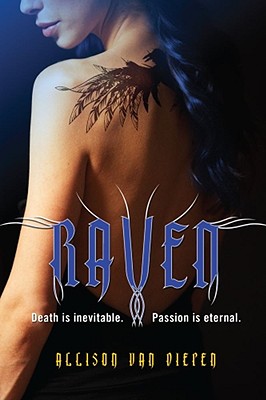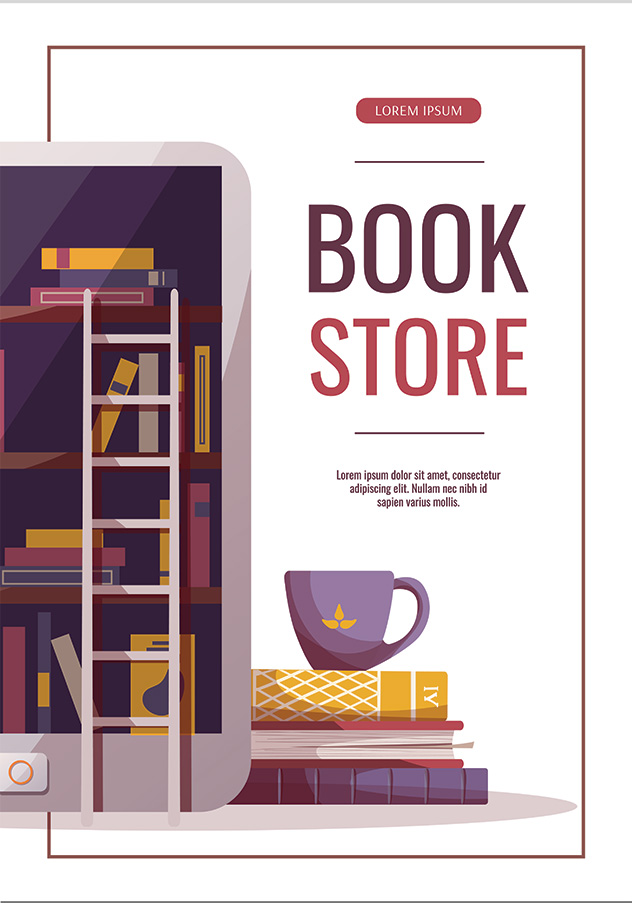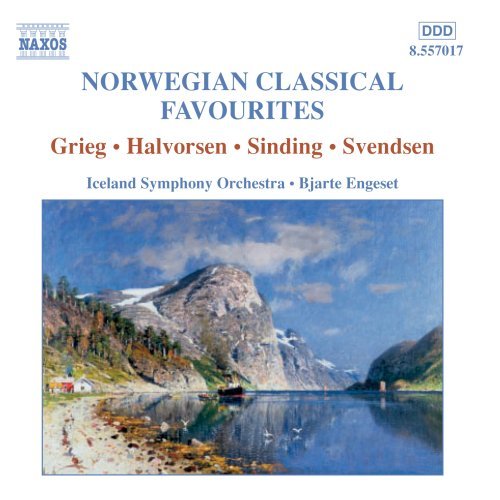
Trott, Dominic Milton
Over a 10 year period the author self-administered over 150 psychoactive substances; both chemicals and plants. For each of them he recorded the essential and life-sensitive safety data, including the anticipated onset times, the common threshold doses, the routes of administration, and the expected periods of efficacy.
In addition, for every compound he also produced a trip report, detailing the qualitative experience itself, often in the form of a log of effects at various time checks. This delivered another invaluable insight, enabling, for example, an objective assessment of the extent of any loss of judgement and self-control.
This is a substantial body of work, embracing a wealth of direct support material, including addiction/overdose advice, legal briefings, and relative harm tables. Its contents also extend to cover aspects like drug tourism, drugs in culture, psychedelic exploration and the handling of mandatory drug tests. It is crammed with detailed reference data, and even includes its own drug dictionary.
The Drug Users Bible is a unique and unprecedented volume of encyclopaedic research, embracing the full extent of the drugscape. Its objective is to provide, without fear or compromise, core and critical information to support the health and welfare of the 250 million people in the world who use drugs.
The book itself is lavishly illustrated with hundreds of photographs, taken by the author himself. It is a significant extension of the highly acclaimed first version, which was titled The Honest Drug Book.
THE TEN COMMANDMENTS
The first section comprises a solid introduction to basic but crucial drug concepts and practices. It is, in itself, indispensable prior-reading for anyone who chooses to use a recreational drug.
It contains, for example, a detailed risk mitigation procedure; the widely lauded 'Ten Commandments of Safer Drug Use'. This presents a generic set of easy to follow steps to aid personal safety, inclusive of an illustrated explanation of how to identity test the drugs themselves.
THE DRUGS
The full gamut of psychoactive chemicals and botanicals is meticulously covered across dedicated sections. Well known examples include LSD, heroin, cannabis, lean, kratom, cocaine, 2C-B, DMT, DXM, methamphetamine, salvia divinorum, ketamine, ayahuasca and MDMA. Lesser known examples include betel, 4-ho-met, changa, ephenidine, ololiuqui, cebil, mapacho, MNA, celastrus paniculatus, and yohimbe.
The scope also extends well beyond the most common categories, of psychedelics, stimulants, depressants, dissociatives and cannabinoids. Included, for example, are nootropics (smart drugs) and oneirogens (dream herbs). The study and investigation of psychoactivity was unfettered and unbounded.
THE WORLDSCAPE
Drug use does not occur in a vacuum, so the final section considers the wider context, with in-depth examination of everything from travel to the law, as well as the horrors of the war on drugs itself. Fact, science and genuine statistics replace the myths, fabrications and censorship of the prevailing social order, again with the welfare of drug users emphasized.
EDUCATION SAVES LIVES
Education underpins harm reduction, and is the primary driver throughout. Indeed, personal safety is the first and last message, and guides the entire narrative. This is a book for drug users and their families. It is a book which will help to avert tragedy. It is a book which will save lives







